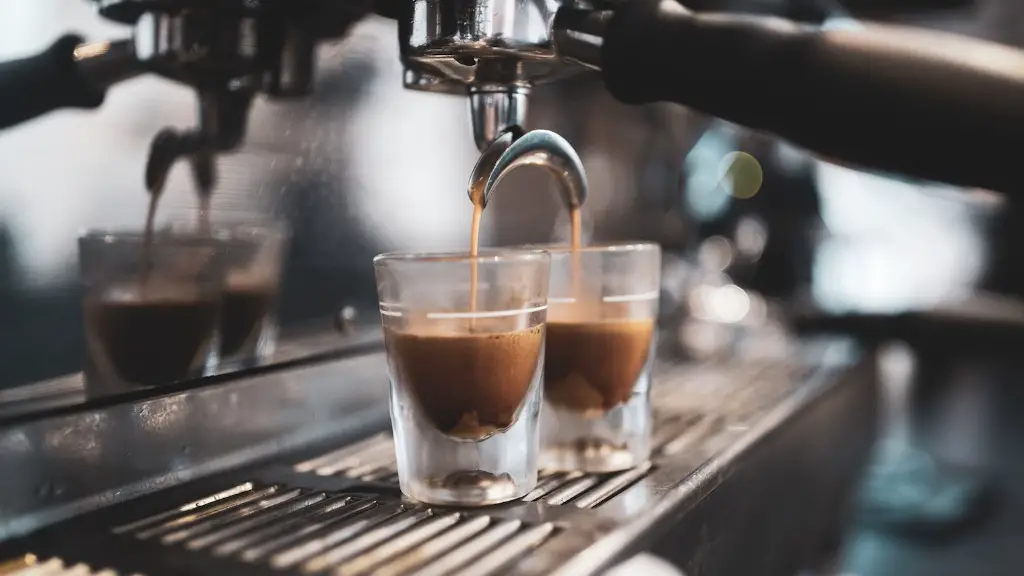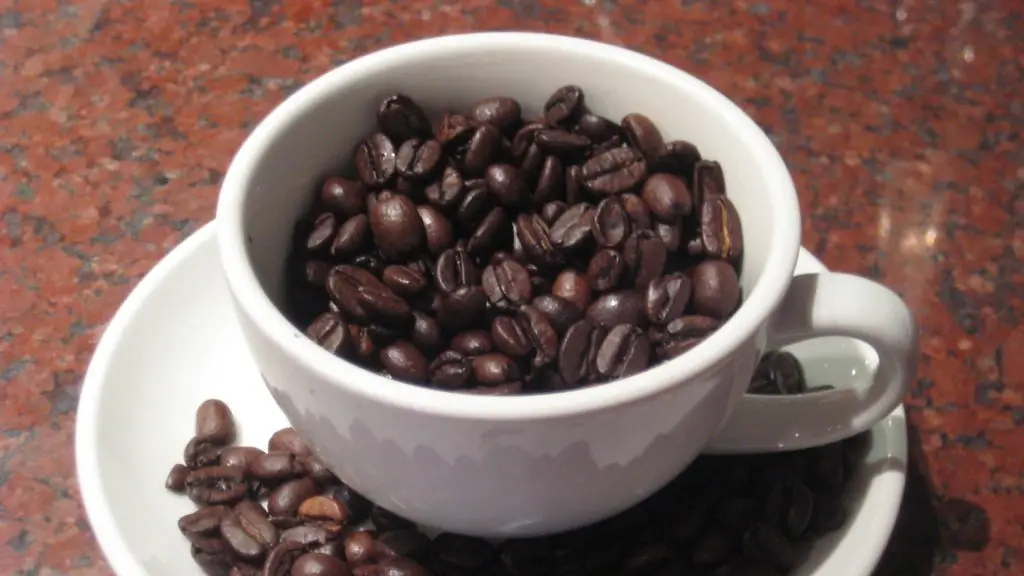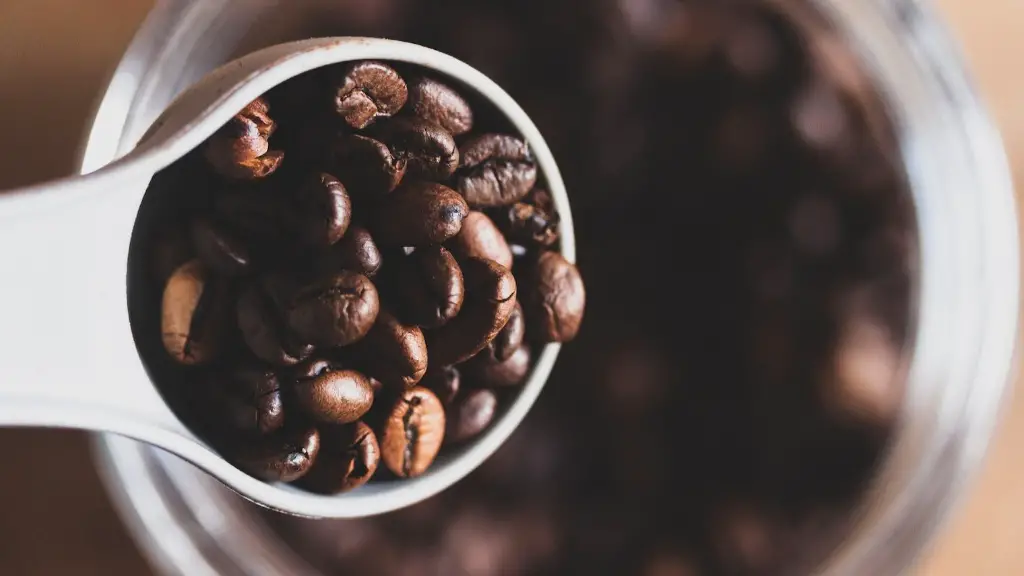Intermittent fasting is one of the most popular diet protocols in the world. A key component of this type of eating pattern is the ‘fasting window: – 16 hours of fasting, followed by 8 hours of ‘feeding’. A common question from people following this lifestyle is: how much coffee can you drink while intermittent fasting? After all, most of us need a cup of coffee to get our day going.
Drinking coffee during a fast is not just about getting your daily caffeine fix; it can also be beneficial for your overall health and weight loss. Studies have shown that caffeinated beverages like coffee can increase the body’s metabolic rate and fat oxidation, and can help reduce food cravings. Therefore, drinking coffee when fasting may help you lose weight.
However, it is important to note that drinking coffee while fasting is not without potential drawbacks. Caffeinated drinks can cause dehydration, which may make fasting uncomfortable. Additionally, the acidity of coffee may irritate the lining of your stomach, resulting in feelings of nausea or stomach cramps. Finally, drinking too much coffee while fasting can lead to increased feelings of fatigue, as the caffeinated beverage can suppress your natural energy levels.
Most experts would agree that it’s best to limit your coffee consumption to one or two cups a day while fasting. It’s also important to ensure you are drinking quality coffee that is free from added sugars or creams that can break your fast. Additionally, keep in mind that drinking too much coffee can cause negative side effects such caffeine jitters or even caffeine dependence. Therefore, it is important to be mindful of how much coffee you’re drinking and to listen to what your body is telling you.
It’s also important to note that drinking coffee is not the only way to get the energy boost you need while fasting. There are a variety of other caffeinated beverages and foods that can provide a similar effect, such as match or green tea, or dark chocolate. Additionally, there are some herbs such as ginseng and guarana that can also provide an energy boost without disrupting your fast.
Overall, while drinking coffee while intermittent fasting is a popular choice, it is important to be mindful of your consumption and stick to recommended guidelines. Quality is key, and it is important to choose a coffee that is free from added sugars or creams that can break your fast. Additionally, there are a variety of other caffeinated beverages and foods that can help you get the energy you need while fasting, without disrupting your fast.
Impact of Caffeinated Drinks on Body Systems
Studies have shown that drinking coffee has both short-term and long-term impacts on the body systems. Caffeine is rapidly absorbed into the bloodstream and has an evenly-distributed effect on the entire body. It can stimulate the central nervous system, increase your metabolic rate and heart rate, and can temporarily improve concentration and reaction time. It can also elevate blood pressure and can make you more resistant to pain.
In the long term, drinking coffee has been linked to a reduction in the risk of developing heart disease and diabetes as well as a lower risk of dementia and some types of cancer. Additionally, coffee consumption has been linked to higher levels of HDL-cholesterol (the ‘good’ kind of cholesterol) compared to non-coffee drinkers, as well as lower levels of inflammation in the body.
However, it is important to note that not everyone reacts to caffeine in the same way; different body systems can react differently to caffeine consumption, and those with existing medical conditions may need to be extra cautious. Additionally, drinking too much coffee can lead to negative side effects such as jitteriness, anxiousness and even caffeine dependence.
Impact of Coffee on Brain Health
Recent studies have suggested that drinking coffee has a positive impact on our brain health. Coffee consumption has been linked to a lower risk of Parkinson’s disease, Alzheimer’s disease, and other dementias, as well as a reduced risk of developing depression. It has also been linked to improved short-term memory, and it can even help increase alertness, concentration, and focus.
The positive effects of coffee on the brain are thought to be due to the caffeine content, as well as other beneficial compounds found in the drink. Studies have suggested that caffeine stimulates areas of the brain responsible for decision-making, problem-solving, and memory recall. Additionally, coffee contains antioxidants that can protect the brain from damage and inflammation, as well as compounds that can help fight off free radicals and protect the brain from oxidative stress.
However, as with anything, it is important to remember to drink coffee in moderation. Drinking too much coffee can lead to unpleasant side effects such as jitteriness, anxiety, and insomnia. Additionally, people who are sensitive to the effects of caffeine should limit their coffee intake, as it can cause an increase in their heart rate and blood pressure.
Trends Related to Coffee Consumption
In recent years, there has been a surge in interest in specialty coffees, with people increasingly opting for high-quality, ethically-sourced beans. Companies that are sourced and certified by monitoring and sustainability bodies are becoming increasingly popular, as using these beans not only ensures a better cup of coffee but also helps to support small-scale farmers and boost local economies.
There has also been a rise in the popularity of plant-based milks, such as almond milk, coconut milk, and oat milk. Plant-based milk are becoming increasingly popular due to their health benefits and taste, as well as their ethical and environmental advantages. For those following an intermittent fasting lifestyle, plant-based milks are a great option, as they are free from added sugars and do not break the fast.
Finally, there has been a shift in people’s perceptions of coffee. Coffee consumption is no longer seen as a habit to be broken, but rather as a lifestyle choice. Coffee drinking is often seen as a social ritual, with people gathering to enjoy a cup of coffee together. Additionally, coffee consumption is increasingly being promoted as a way to relax, unwind, and recharge.
Types of Coffees
There are many different types of coffee available, with each offering its own unique taste and aroma. Common types of coffees include espresso, cappuccino, latte, macchiato, Americano, and cold brew. Additionally, there are a variety of brewing methods, from French press and pour-over, to espresso machines and automatic drip makers. Depending on your preference, it is easy to find the perfect cup of coffee for you.
There is also a wide variety of flavors and additives that can be added to coffee to create interesting and delicious drinks. Milk and cream can be added for a creamy texture and taste, while sugar and honey can be used to sweeten the drink. Additionally, flavors such as vanilla, caramel, and chocolate can be added for extra depth and interest.
Finally, for those who want to switch things up and try something a bit different, there are several coffee alternatives available. These can include herbal teas such as chamomile and matcha, as well as non-caffeinated beverages such as hot chocolate and chai. Additionally, there are many non-dairy milk alternatives available, including soy, rice, and oat milk.
Health Benefits of Drinking Coffee
Coffee is known to be packed with antioxidants and beneficial compounds that can have positive effects on our overall health and wellbeing. Studies have suggested that coffee consumption is associated with a lower risk of certain diseases, such as type 2 diabetes, Alzheimer’s, and some types of cancer. Additionally, coffee consumption has been linked to a lower risk for liver disease and Parkinson’s disease.
Coffee consumption has also been linked to improvements in cognitive performance, such as improved memory, concentration, and reaction time. Additionally, it can reduce fatigue, improve alertness, and even help to reduce stress. Finally, coffee can also provide a dose of essential vitamins and minerals such as B vitamins, magnesium, and potassium.
However, as with anything, it is important to remember to drink coffee in moderation. Too much coffee can lead to negative side effects such as jitteriness, insomnia, and anxiety. Additionally, people with existing medical conditions or a sensitivity to caffeine should limit their intake and consult with their healthcare provider before consuming coffee.
Risks of Drinking Too Much Coffee
As with anything, drinking too much coffee can lead to potential risks and negative side effects. Drinking more than four cups of coffee a day has been associated with elevated blood pressure, anxiety, and insomnia. Additionally, too much caffeine can also lead to headaches, heartburn, and even restlessness. Finally, excessive coffee consumption can also lead to a dependence on the substance, resulting in withdrawal symptoms such as headaches, nausea, and fatigue.
It is important to remember that the negative side effects of coffee are more likely to occur if you consume too much caffeine or if you have a sensitivity to caffeine. Therefore, it is important to be aware of your caffeine intake and to listen to your body. If you experience any of the negative side effects, it is important to reduce your caffeine intake and be mindful of the amount of coffee you are drinking.
It is also important to note that some of the beneficial compounds in coffee can be lost if the beans are over-roasted. Therefore, it is important to drink quality coffee and be mindful of how it is prepared. Additionally, it is also important to be aware of what additives are used in your coffee; for example, adding cream or sugar can add unnecessary calories and break your fast, so it is best to stick to black coffee when possible.





